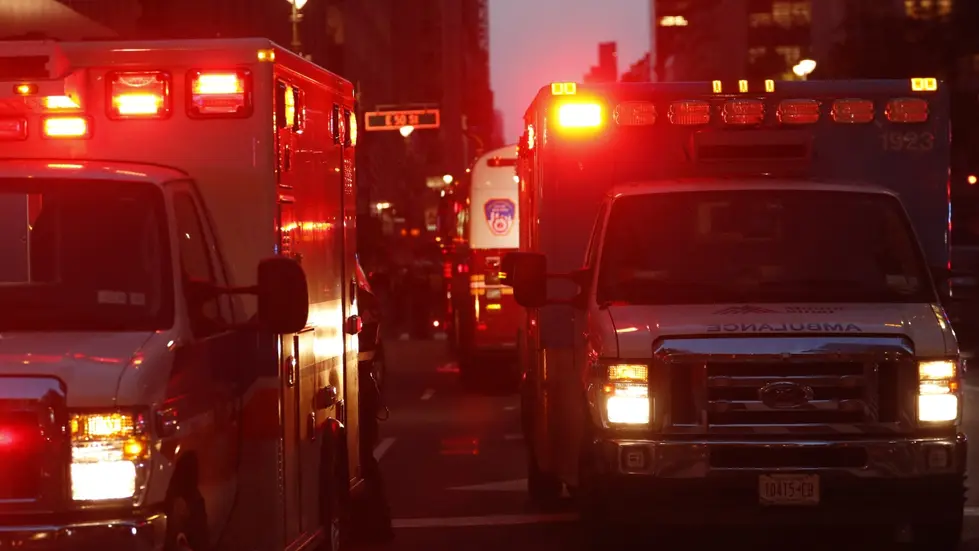T4K3.news
Gaza academics endure hunger while continuing to teach
A Gaza based academic writes about hunger and siege and the drive to teach and research under blockade.
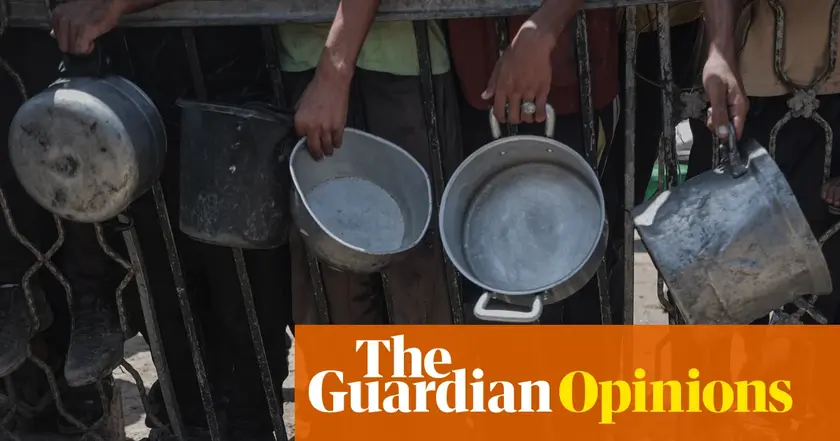
A Gaza based academic describes the toll of hunger and siege on teaching, research and solidarity.
Gaza academics endure hunger while continuing to teach
Since March 2, 2025, Gaza has faced a strict blockade that limits food, medicine and fuel. Markets are empty, bakeries closed, and aid arrives in small, irregular drops. The World Health Organization reports 74 deaths from malnutrition this year, including 24 children under five in July, signaling that famine is here rather than a distant threat.
The essay chronicles the toll on students and teachers: hunger disrupts concentration, a dwindling cash supply forces people to rely on cash-only purchases, and bank notes are worn or rejected. With bank branches damaged and ATMs nonfunctional, access to money costs time and energy, sometimes up to 50 percent in informal exchanges. Yet the writer insists that continuing to teach and bear witness is not bravado but necessity, a form of resistance against erasure.
Key Takeaways
"I am hungry. Not by accident, but by design."
Author describing hunger as intentional and part of daily life
"To stop would be to relinquish one of the last remnants of our agency."
Assertion of continued academic work as a political act
"Knowledge is still being produced in Gaza. Even now. Especially now."
Affirmation of ongoing scholarship despite conditions
"Solidarity means changing the way the world works with those in crisis"
Central claim about what true solidarity requires
The piece turns personal hardship into a lens on systemic failure. It highlights how hunger is not only a health crisis but a barrier to education and critical inquiry. By foregrounding everyday acts of solidarity and the stubborn persistence of scholars, it suggests that knowledge production in Gaza remains possible only when frameworks of support adapt to crisis. The call to rethink solidarity from charity to structural change adds a political edge, urging funders and institutions to address the root causes of deprivation rather than treating it as a temporary disruption.
Highlights
- Solidarity must become action not chatter
- Teaching here is resistance in its purest form
- Knowledge survives when bodies struggle to stay upright
- Care for students remains education’s stubborn heartbeat
Risk: political sensitivity and humanitarian controversy
The article explores a blocked Gaza frontier, hunger, and international response. Publication could invite political debate, donor scrutiny, and public reaction about responsibility and aid effectiveness.
Solidarity is not abstract; it demands concrete actions that sustain both minds and communities.
Enjoyed this? Let your friends know!
Related News
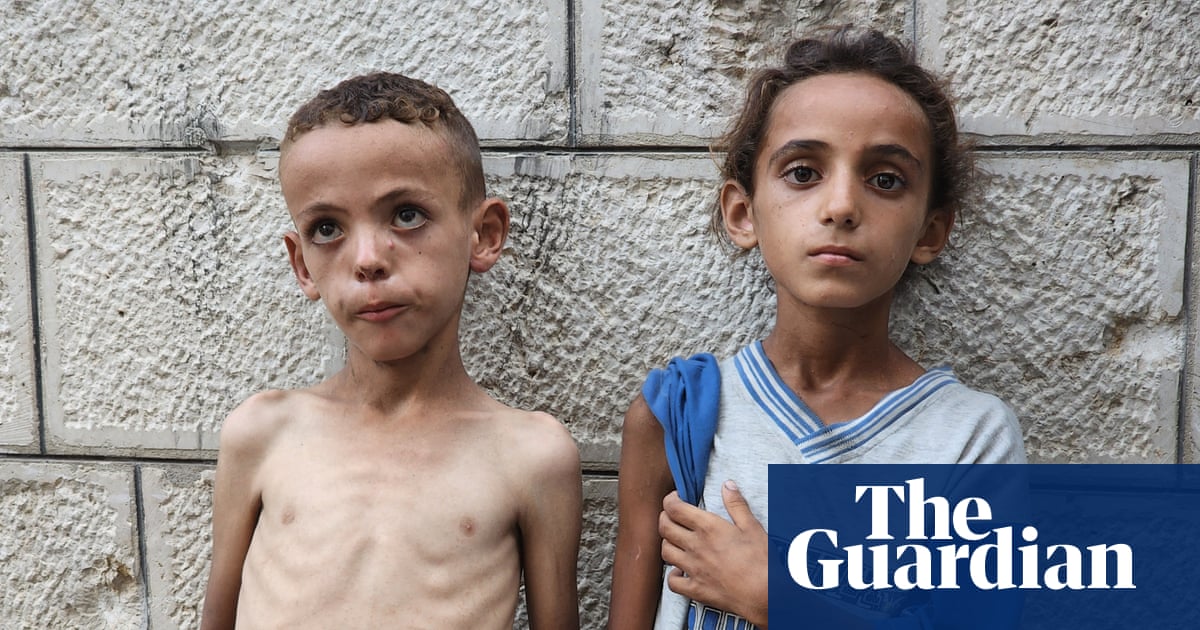
Hunger crisis intensifies in Gaza
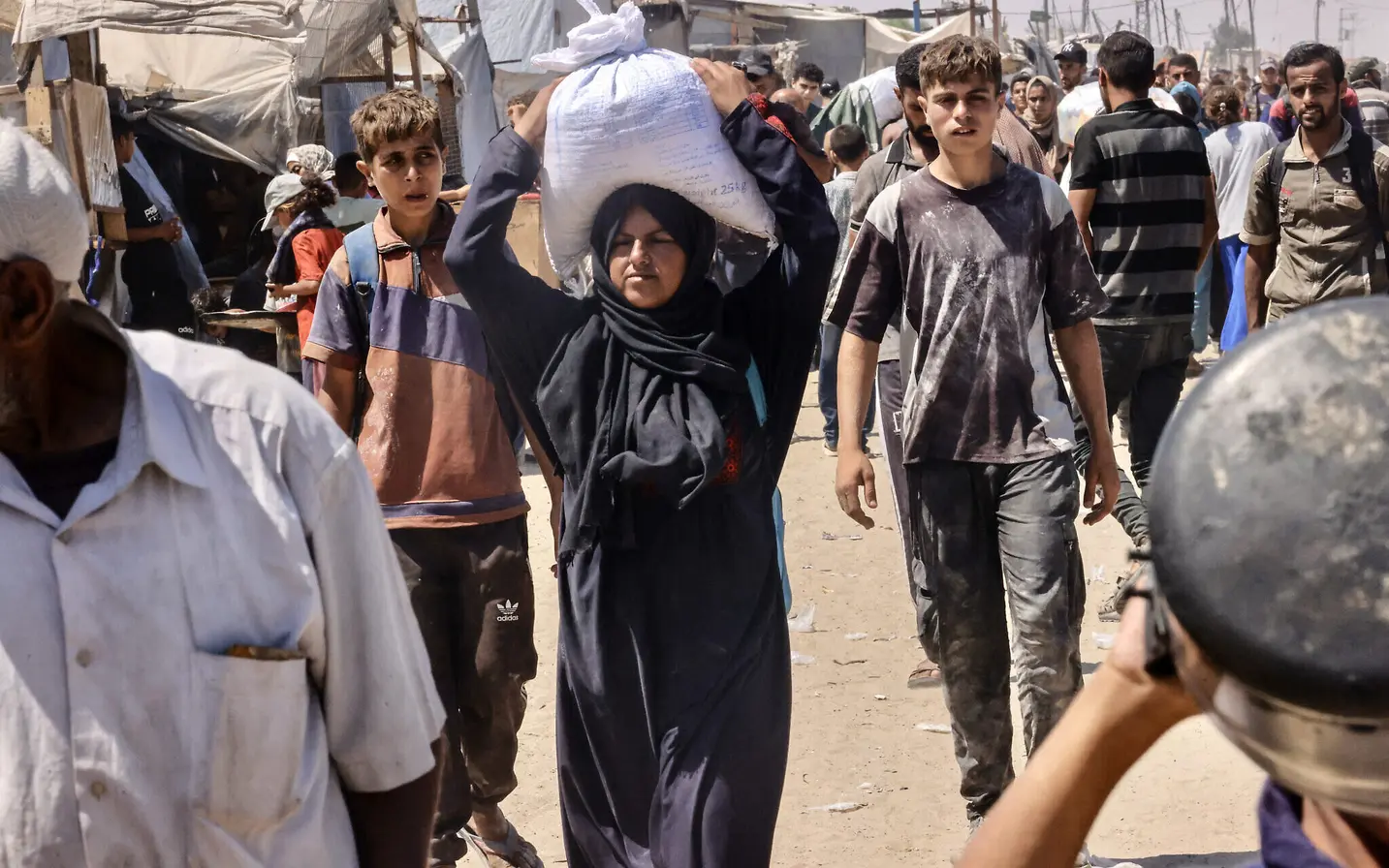
Rabbis demand end to starvation tactics in Gaza
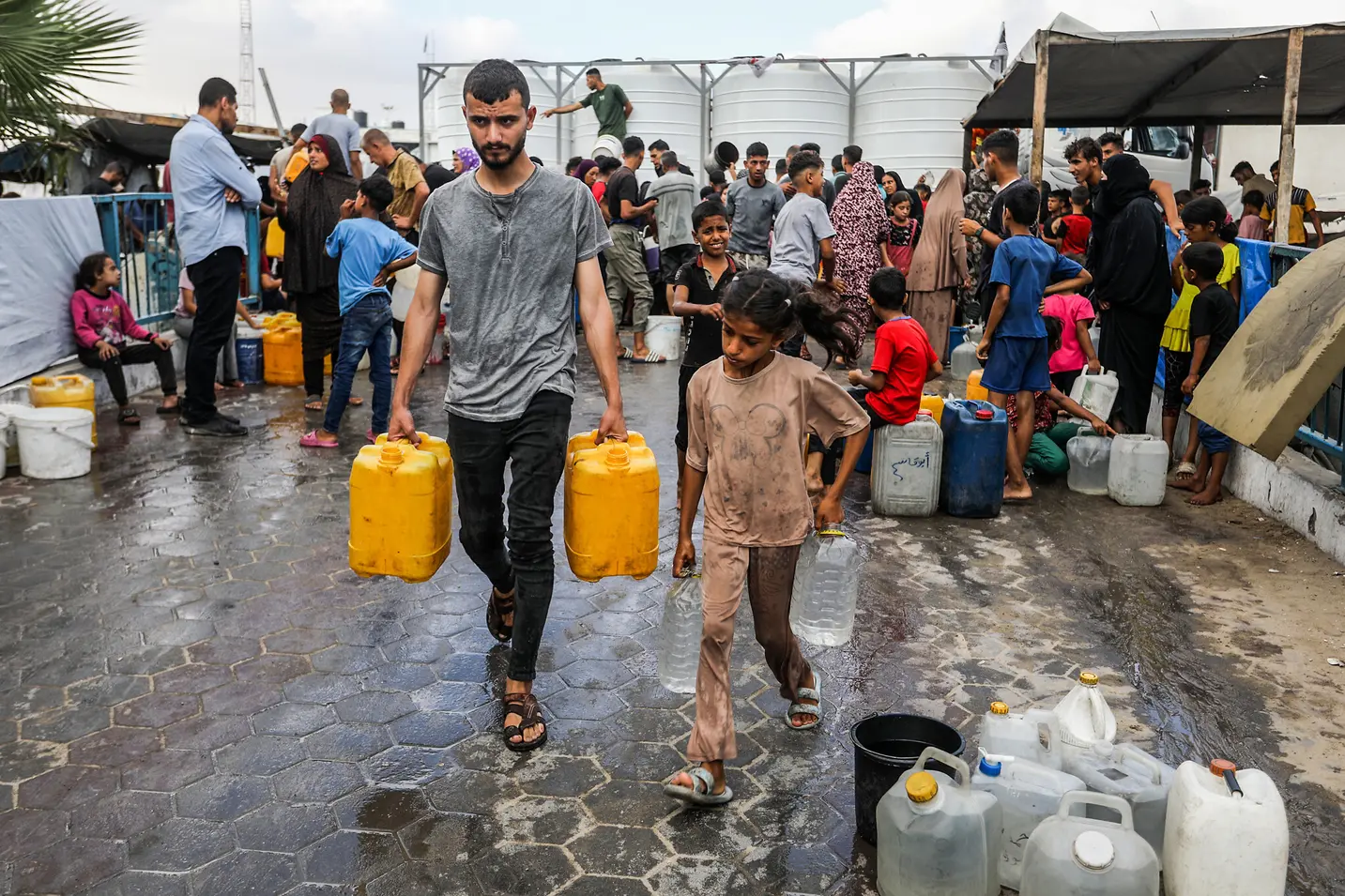
Gaza's residents face critical struggle for survival
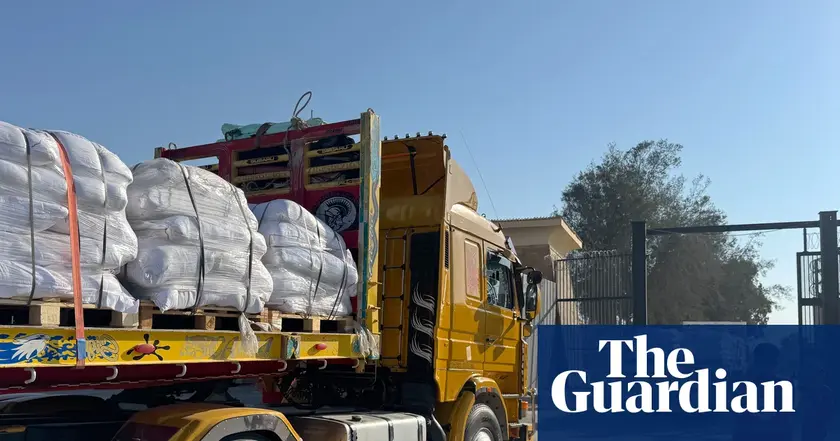
Israel announces daily military pauses for aid in Gaza
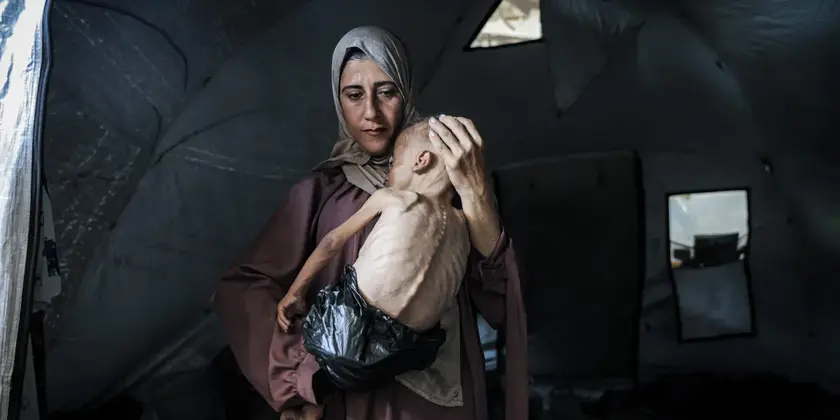
Gaza aid group claims success as starvation rises
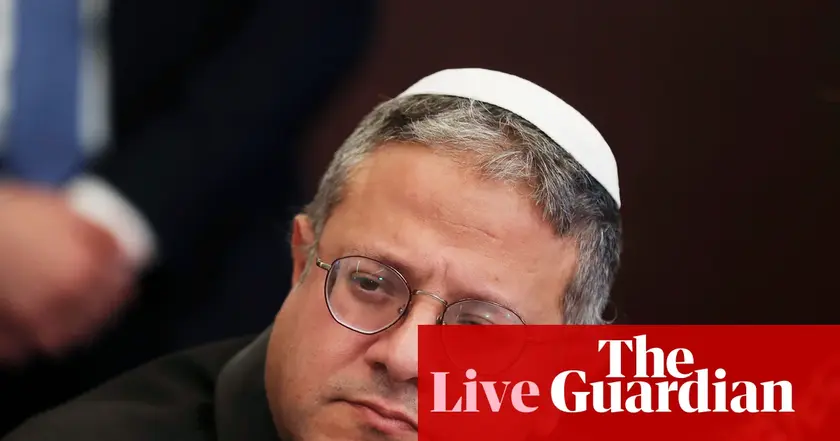
Israeli minister confronts Palestinian detainee in prison clip
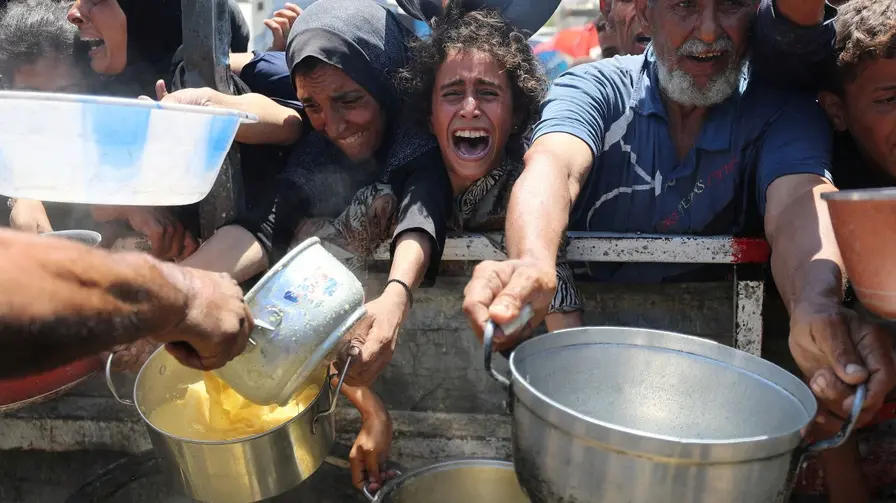
Gaza starvation crisis reaches critical levels
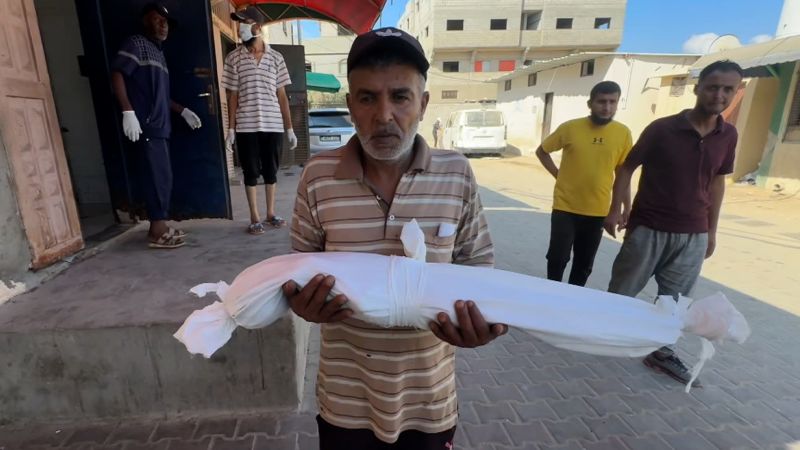
Starvation crisis in Gaza claims lives of children
